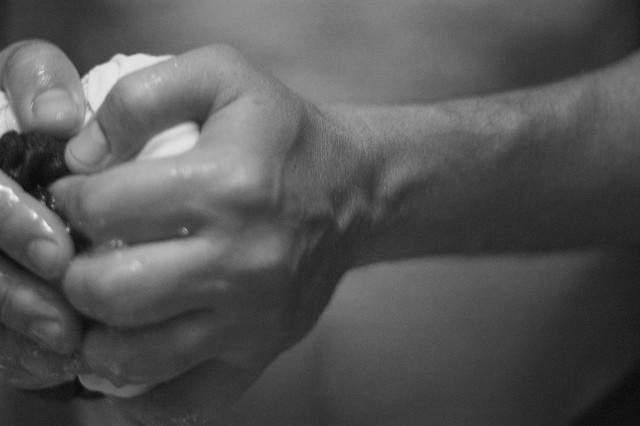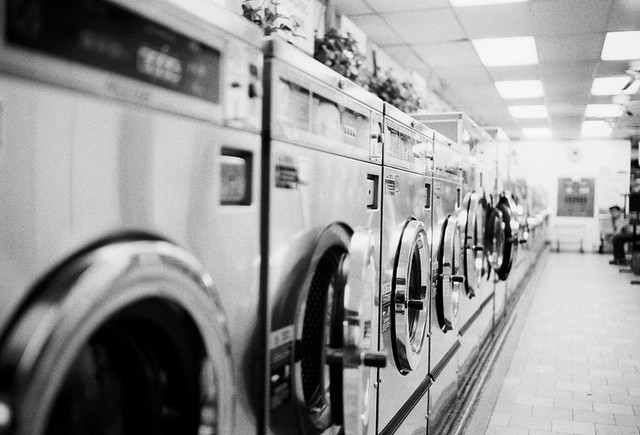We all have to wash our clothes. But doing laundry adds a huge amount to your carbon footprint. According to research from the Guardian, washing and drying a load of laundry once every two days adds the equivalent of a return flight from London to Glasgow with taxi rides at both ends to your carbon footprint each year.
This comes from the energy used by washer-dryers, and that doesn’t even take into account the environmental pollution laundry can cause through sending harmful chemicals and microfibres straight into the ocean. So how do we wash our clothes without destroying the environment? How do we stay clean and green? These 4 tips will help you out.
Don’t always wash your clothes
One easy way to do laundry without causing harm to the environment is to do less of it. It might be easy to just wash everything after one or two wears, but it is definitely not easy on the planet.
As it happens, most of us are washing our clothes much more often than we really need to be anyway. Take jeans, for example. These denim garments were originally designed to be a resilient component of clothing for heavy labour; and while they are still highly durable, nothing will shorten their lifespan like a cycle in the washing machine.
This is why the denim experts at Mr. Black say wearers should not wash their jeans, especially if they are made out of raw denim.
It’s not just jeans, either. It seems the only items of clothing you do need to wash are underwear, and anything that touches sweat glands. In other words, if it smells okay, and if it isn’t covered in food stains or mud, then it’s probably good to wear. Re-wearing clothing more often than you do currently will greatly lessen your laundry carbon footprint.
Make your own detergent
Now you know how to avoid washing machines and tumble dryers altogether we can focus on tackling the chemical pollution side of laundry. Hand washing your clothes still requires soap or detergent, but most widely available commercial brands contain toxic ingredients and are terrible for the environment.
Just as you turned your sink into your own personal washing machine, you must turn some simple ingredients into your own ethical laundry detergent. All you need is washing soda, borax and any bar of natural soap. All of these ingredients are widely available at most supermarkets.
To create an effective yet ethical detergent, mix these ingredients together following a potentially planet-saving recipe.
Go to a launderette
If you don’t have access to a sink and making your own soap goes awry, rather than giving up your quest for ethical laundry you should take your dirty clothing to a laundrette. Launderettes are the public transport of the clothes washing world. Washing your clothes with others saves everyone energy. And it’ll be even better if you can find one that uses green energy.







Leave a Comment